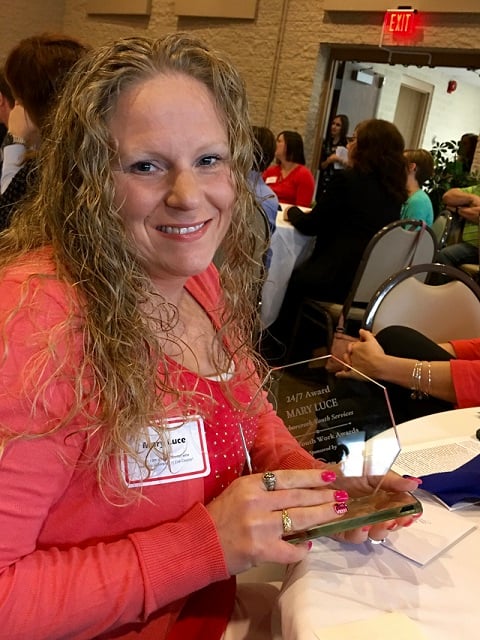Long-time MST therapist has suggestions for communities looking for juvenile offender services
When I became an MST therapist more than 16-and-a-half years ago, I met with a county juvenile probation officer to discuss referrals being made to our program. She was a lovely person with a passion for the work she was doing in the juvenile-justice field. As a probation officer, she was responsible for 40 to 50 cases and knew every one of those young people and their families personally. She believed in the Multisystemic Therapy mission of keeping youth at home, in school and out of trouble with the law as keys to their success.
But how to do that successfully for her was still a question to be answered.


